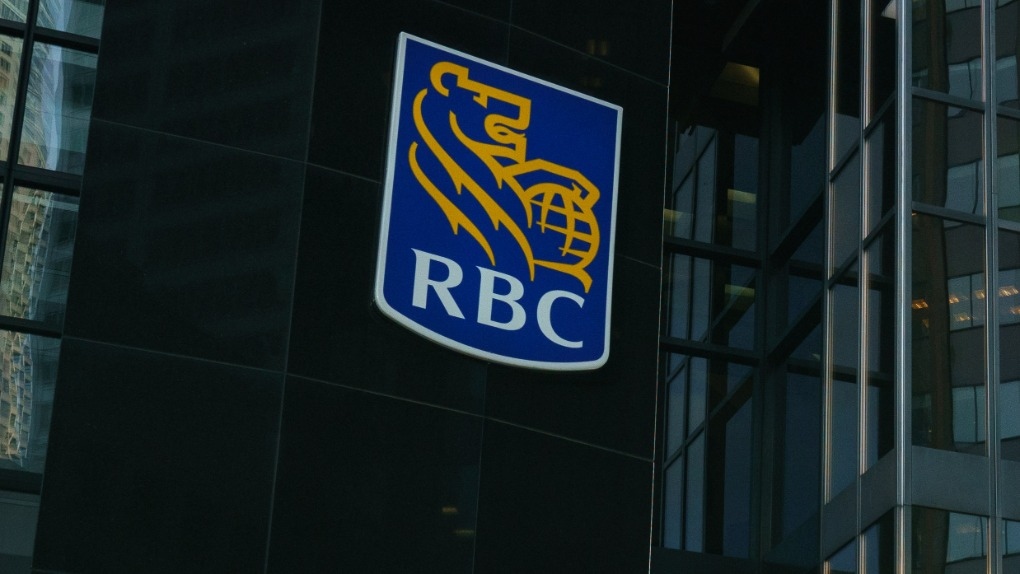Demonstrators gathered in 40 locations across Canada on Saturday to voice their opposition to the Royal Bank of Canada's funding of fossil fuel projects.
The protests, part of a nation-wide effort dubbed Fossil Fools Day, unfolded in cities including Edmonton, Toronto, Ottawa, Winnipeg, Halifax and Vancouver.
One protester said the demonstrations were intended to raise awareness of the bank's looming Annual General Meeting, scheduled to take place in Saskatoon on April 5.
Eve Saint, a Wet'suwet'en land defender and daughter of hereditary Chief Woos who spoke at the Toronto protest, said a Wet'suwet'en delegation is heading to the AGM intent on getting answers from RBC president and CEO Dave McKay. "We are going down a very scary path," Saint said in an interview following her remarks at Saturday's protest, citing extreme weather events such as flooding and fires as examples of the effects of the climate crisis.
"The time is now," she said.
The bank, for its part, has long stressed the importance of an orderly transition to net-zero financed emissions, previously announcing it hoped to reach that goal in 2050 and setting a smaller, interim target for 2030.
RBC spokesperson Jeff Lanthier said the company is focusing its attention on where it will have the biggest impact, which is helping clients reduce their emissions and supporting initiatives that bring green solutions to market.
"We are committed to achieving net-zero in our lending by 2050 and have established interim emissions reduction targets that will help us drive action and measure progress," he said in an email. "These targets are informed by science and reflect a measured and deliberate approach to climate action."
But critics say the bank's targets fall far short of what's needed, accusing the company of "greenwashing" last fall when it announced its goals for this decade.
While RBC's financing of fossil fuel projects overall has been the subject of much criticism, one of the core issues for Saint and others is the bank's funding of the Coastal GasLink Pipeline.
The 670-kilometre project, which is currently under construction and runs through Wet'suwet'en traditional territory in British Columbia, has been the focus of ongoing demonstrations and arrests. Hereditary chiefs oppose the pipeline, while the elected council of the Wet'suwet'en First Nation and others nearby have agreed to support it.
Saint said she wants to see RBC divest from CGL and other such projects, as well as sit down with the Wet'suwet'en.
She is also part of a small group that put forward a complaint to the Competition Bureau about RBC's environmental claims and marketing. The bureau launched an inquiry into the bank as a result of the complaint.
RBC has also funded the Trans Mountain pipeline, the estimated costs of which have ballooned recently to $30.9 billion.
The estimated cost of CGL has also grown to $14.5 billion.
This report by The Canadian Press was first published April 1, 2023.











































